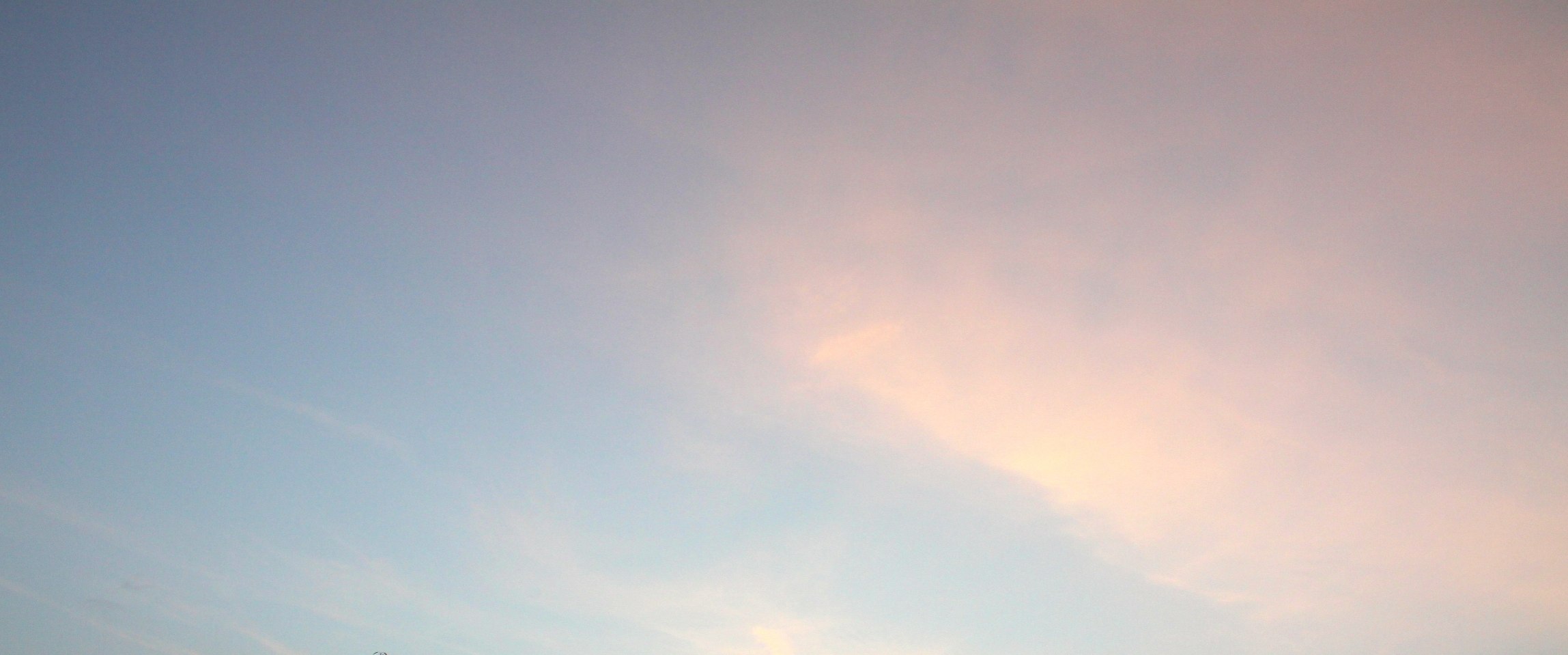Background
Statement
“Jna:na:th na suddhihi, da:syam sya:th sarva tha:nthrika bhe:dathaha,
Sada: prapanna su:dra:na:m sarve:sha:m mo:ksha ka:nkshina:m,
Mathsa:yujya:di siddhyartham dwija dharmo:kthavad bhave:th ||”
Bhagavad bhakthi di:ptha:gni dagdha durja:thi kilbishah, swapa:ko:pi budhais sla:ghyah na ve:da:dhyayana:d dwijaha ||
Na su:drah bhagavad bhaktha:h vipra:h bha:gavatha:s smrutha:ha |
Sarva varne:shu the: su:dra:h ye:hi abhaktha:h jana:rdane: ||
Avaishnava:th ve:davith yo: ve:da hi:nas cha vaishnavaha . jya:ya:nsam anayo:r viddhi yasya bhakthis sada: mayi ||
Bhagavad bhakthi hi:nasya ja:this sa:sthram japam thapaha , apra:nasye:va de:hasya mandanam lo:ka ranjanam ||
place, iv. home, v. profession etc., is considered as the greatest of the sins.
Su:dro:pi mama bhakthas cheth vipra:dapi adhiko: mathaha, vipro:pi mayyabhakthas cheth su:dra:dhama uchyathe: ||
Attha the: puruhu:tha:dya:h vishnu bhaktha:vama:nathaha, niru:pana:ccha thath ja:the:h, sura:h nashte:kshana:h kshana:th |
Thatho:ganthum asaktha:s the: do:sho:sma:bhisthu kah kruthaha, ithi chintha: para:s sarve:, harim saranam a:gatha:ha ||
Attha:sari:ra vag a:si:th yushma:bhir adhuna:sura:ha, Ja:thim niru:pya:vamatho: vishnu bhaktho: divowkasaha ||
Pu:jyas se:vyas sada:chinthyah ka:ryo:thra na hi samsayaha |
Tham pra:pyo:chur maha:bhaga! Vishnu bhaktha! Vimatsara! Kshamaswa:jna:na rachitham amho:sma:bhir mahattharam ||






































